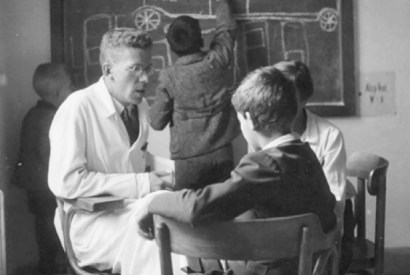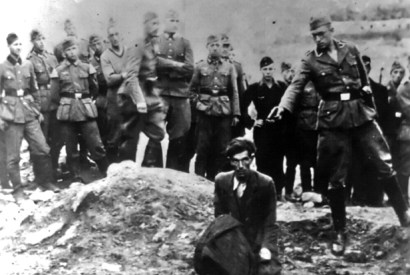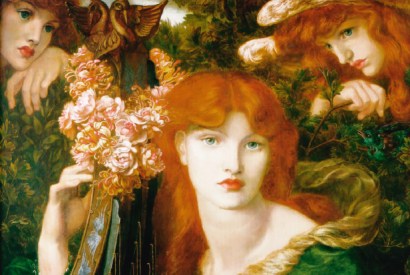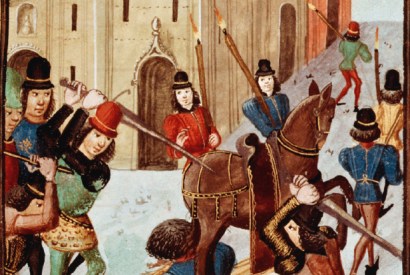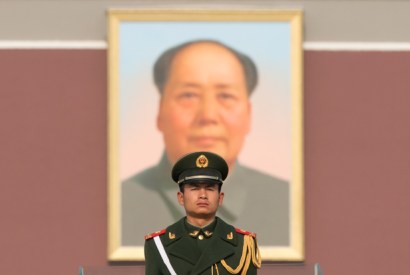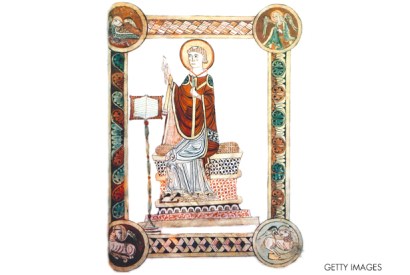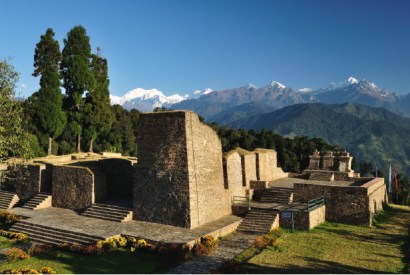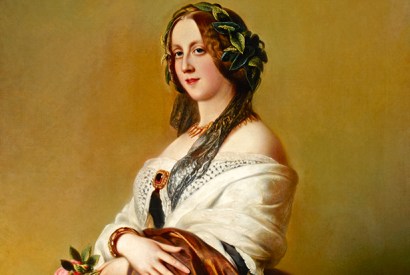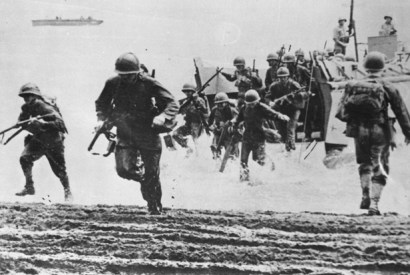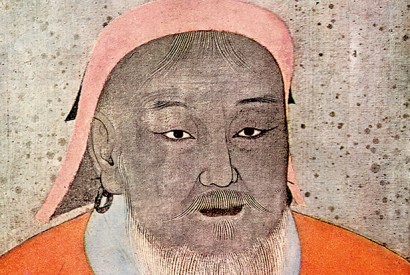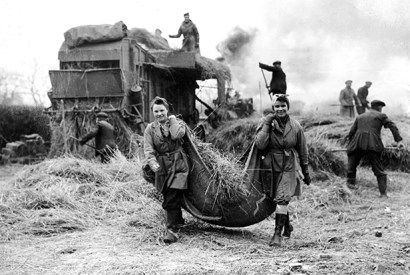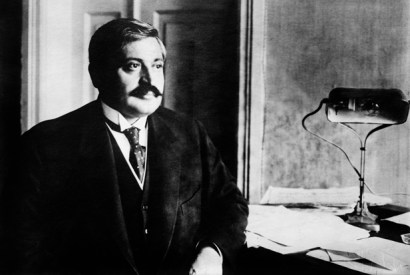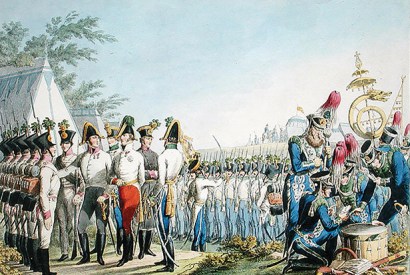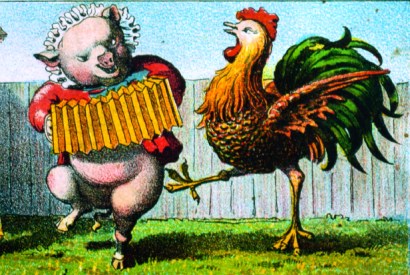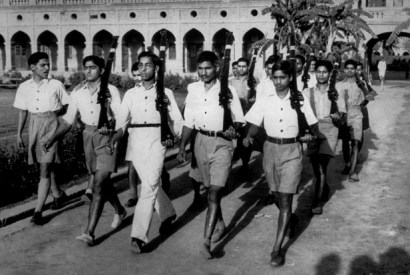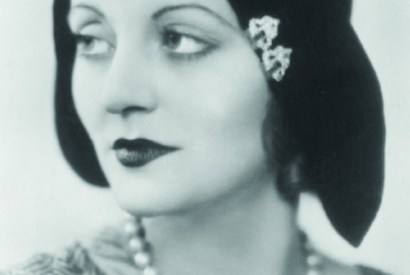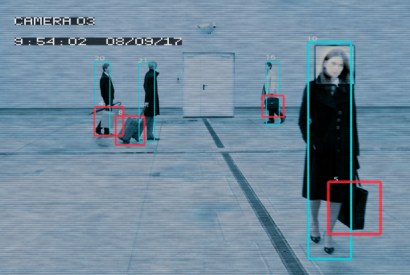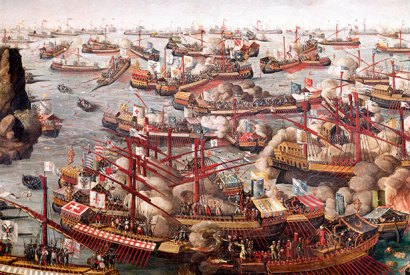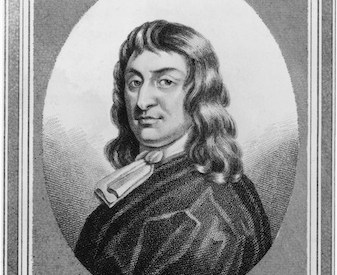Book review – History
Did Hans Asperger save children from the Nazis — or sell them out?
Simon Baron-Cohen wonders whether the humane Hans Asperger may finally have betrayed the vulnerable children in his care in Nazi-occupied Vienna
How anarchy was responsible for Auschwitz
In September 1939 Britain went to war against Germany, ostensibly in defence of Poland. One big secret that the British…
The dangerous red-headed league
‘Gentlemen prefer blondes,’ Anita Loos pronounced, ‘but gentlemen marry brunettes.’ Quite what they do with redheads she never revealed (and…
The drama of St Crispian’s Day: Shakespeare got it right
Charles VI of France died on 21 October 1422. He had been intermittently mad for most of his long reign,…
Chairman Mao: monster of misrule
Mao Zedong, once the Helmsman, Great Teacher and Red Red Sun in Our Hearts, and still the Chairman, died in…
Rediscover the venerable father of English history
It might seem to some a bold move to base a book on any kind of journey at all when…
Cooling is as important to civilisation as making fire — only much harder
Modern civilisation depends on refrigeration — but we have been trying to manufacture cold for at least 4,000 years, says Michael Bywater
The story of Sikkim’s last king and queen reads like a fairy tale gone wrong
Sikkim was a Himalayan kingdom a third of the size of Wales squeezed between China, India, Nepal and Bhutan. I…
Bletchley Park was decades ahead of Silicon Valley. So what happened?
Gordon Corera, best known as the security correspondent for BBC News, somehow finds time to write authoritative, well-researched and readable…
Love nest or den of iniquity? Cliveden has always been shrouded in mystery and scandal
Well, you can’t say he wasn’t warned. Swimming pools, Nancy Astor told her son, Bill, were ‘disgustin’. I don’t trust…
Was Genghis Khan the cruellest man who ever lived?
From the unpromising and desperately unforgiving background that forged his iron will and boundless ambition, Temujin (as Genghis Khan was…
Making do on frogs’ legs and 4,500 brace of grouse
This big, bristling, deeply-furrowed book kicks off with a picture of the British countryside just before the second world war.…
The long shadow of genocide: Armenia’s vengeance years
One morning in March 1921 a large man in an overcoat left his house in Charlottenburg, Berlin, to take a…
Liberty, philosophy and 246 types of cheese
The French have always favoured grand, elegant abstractions about the human condition, says Ruth Scurr. It’s part of their national identity
The honour of the Habsburgs was all that mattered to the imperial Austrian army
John Keegan, perhaps the greatest British military historian of recent years, felt that the most important book (because of its…
Which comes first — the chicken or the pig?
Here are two parallel books, both by Americans, both 260 pages (excluding indexes) long, both using ‘likely’ as an adverb.…
The forgotten army: abandoned by the British to the horrors of Partition
It is often said that cricket was ‘a game invented by the English and played by Indians’, and every so…
The long shadow over China’s only children
This book starts with a Chinese boy so privileged and pampered that, at 21, he can’t open his own suitcase,…
Oscar Wilde, Christine Keeler, Ivor Novello and Isambard Kingdom Brunel make unexpected companions on the Great Western
Readers who have put in some time on the railways may remember the neat, brush-painted graffiti that appeared in 1974…
Palermo: city of jasmine and dark secrets
The Arabs invaded Sicily in the ninth century, leaving behind mosques and pink-domed cupolas. In the Sicilian capital of Palermo,…
Bond would be bored in today’s MI6, says Malcolm Rifkind
Spying may be one of the two oldest professions, but unlike the other one it has changed quite a lot…
Colonel Blood: thief turned spy and Royal pensioner
In the words of one of his contemporaries ‘a man of down look, lean-faced and full of pock holes’, the…
The beginning of the end
Both German and Allied troops could be accused of war crimes in the struggle for the Ardennes. It’s a tragic and gruesome history, involving heavy casualties — but flashes of black humour make it bearable, says Clare Mulley

